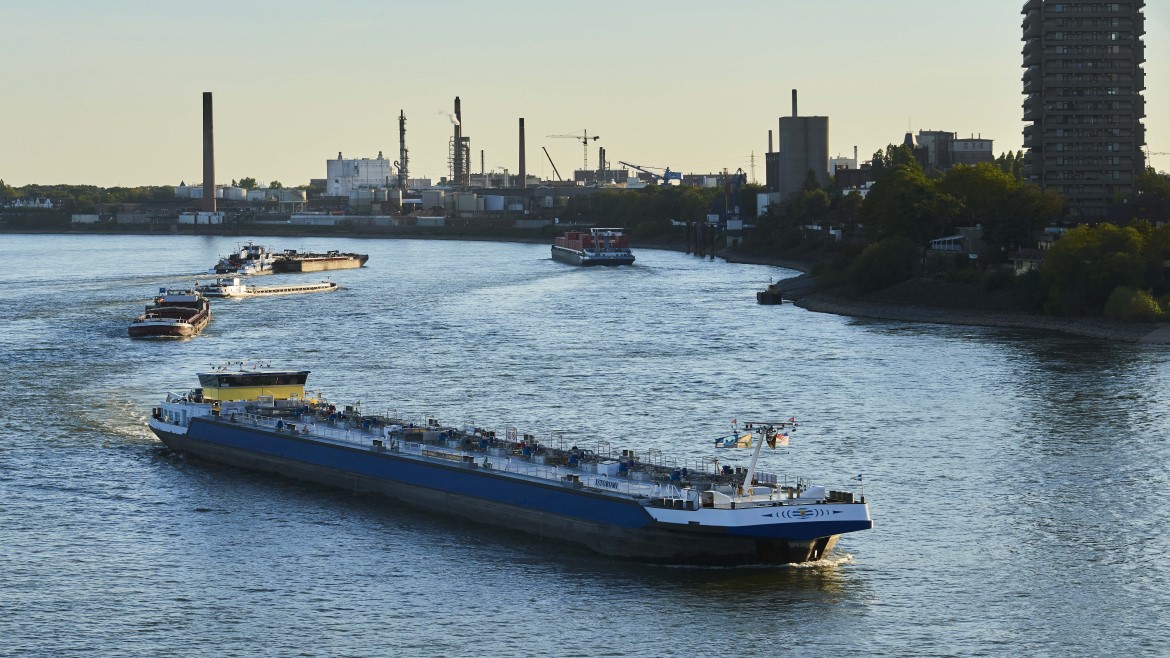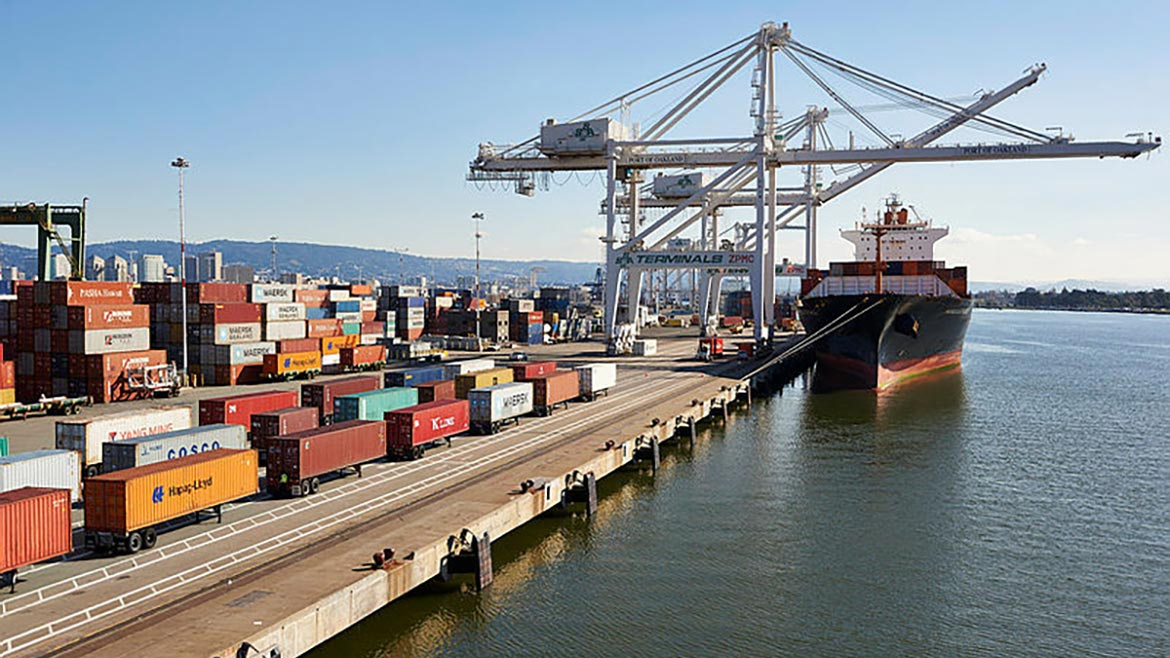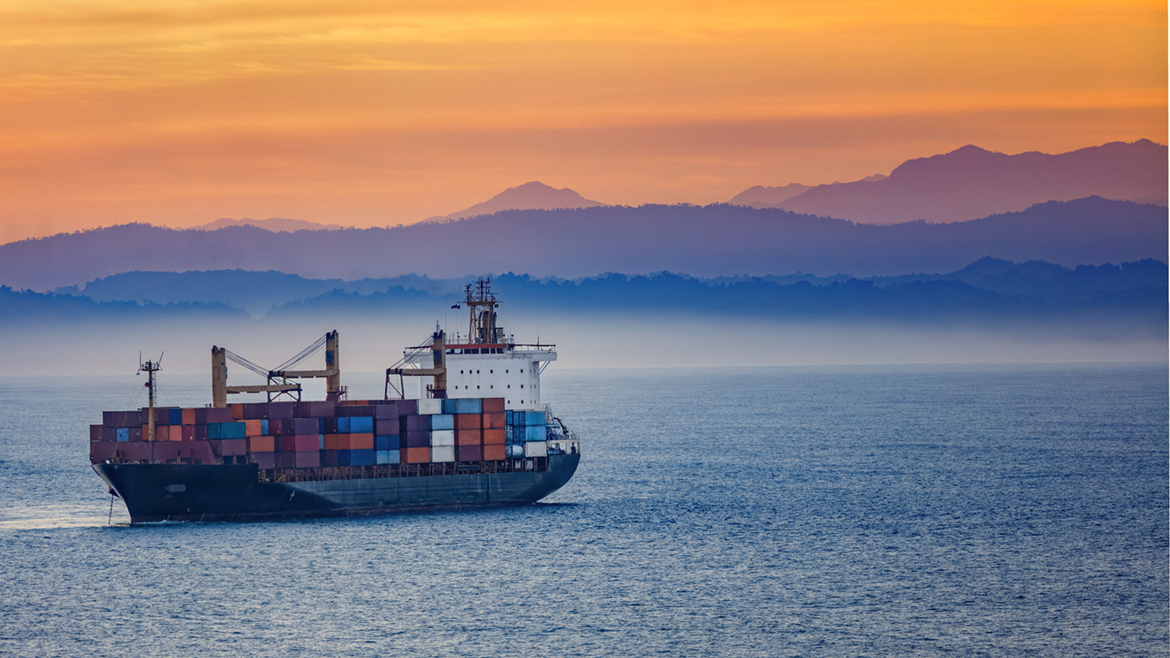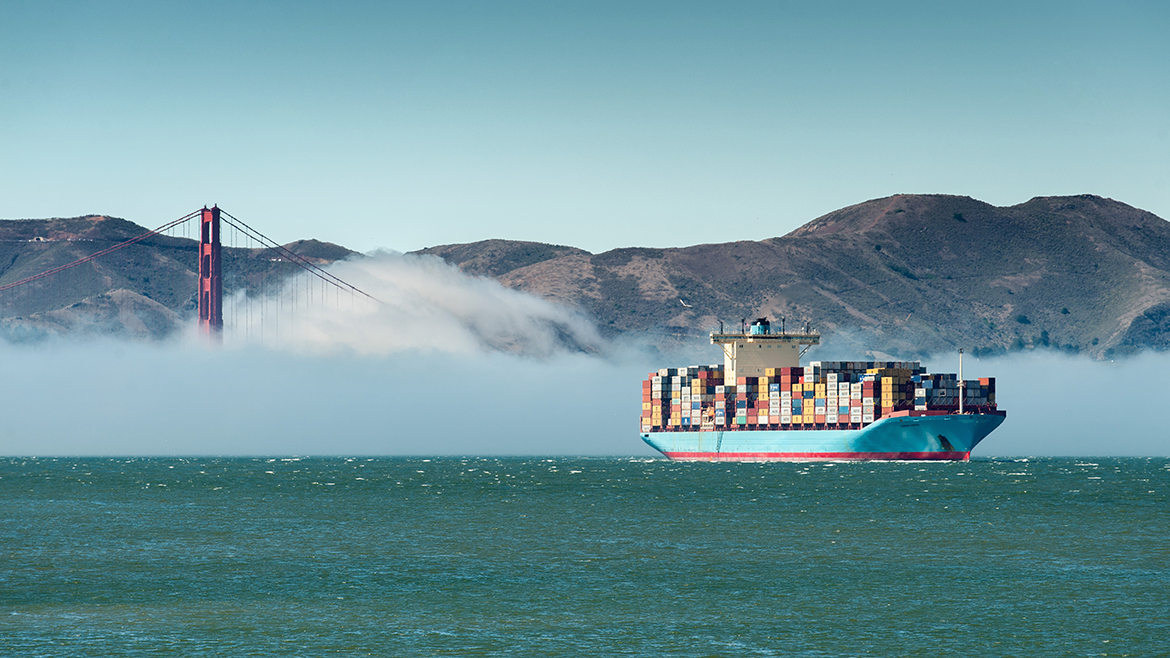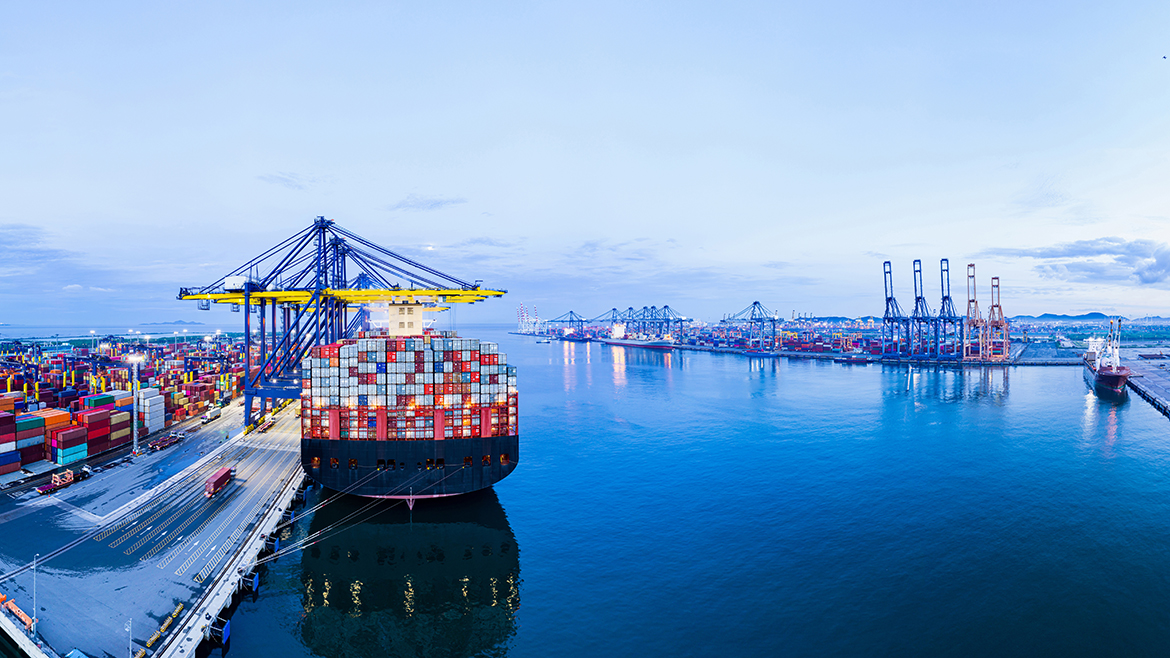This is the first in a series of articles covering the marine industry and its historic and future importance for driving global economy and trade.
With nearly 60,000 vessels carrying 10 billion tons of goods every year, seaborne trade has become an essential part of global commerce. The international shipping industry transports nearly 90% of the world’s goods, making it a key contributor to economic development and the era of globalization.
Fuel costs factor into every decision.
To effectively meet the expectations of consumers, corporations constantly seek convenient, cost-effective options for transporting their materials. Liner shipping has become a favored mode of transportation across the global for moving goods at low cost and reduced carbon footprint.
Fuel is a considerable and variable expense in the operational costs of liner services. Ship operators seek ways to offset the fuel costs utilizing operational strategies such as slow steaming as well as reducing fixed costs. An area that cannot be compromised is correct lubrication of the engine which is essential to maintaining engine performance, longevity and efficiency.
Geographic shift reshapes marine
Twenty years ago, developed economies dominated global trade, with Europe claiming over half of the world’s exports. However, the rise of emerging economies like China and India, fueled by ballooning populations and a hunger for consumer goods, has spurred global economic growth, merchandise trade and the demand for maritime shipping support services. China is emerging as the new “Greece for ship building” making many major manufacturers and players heavily invested in their growth.
As international shipping expands, so will the need for optimal reliability and connectivity. Ship owners and operators demand access to quality marine fuels and lubricants to reduce the risks of costly damages and downtime, leading to efficient and effective operations.
In the next article we discuss regulatory drivers and their impact on the industry
For more information on Marine lubricants, contact your Lubrizol representative.


